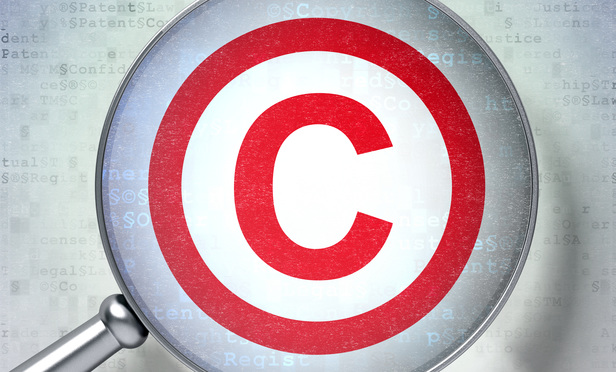Copyright attaches as soon as an author puts her original work of authorship into a tangible medium of expression. 17 U.S.C. §301(a). At that moment, the copyright holder enjoys a bucket of exclusive protections under the plain language of the copyright statute, including the right to reproduce, make derivative works based on the work, and, if for instance a music score, perform the work. 17 U.S.C. §106. But, if another party reproduces a substantially similar portion of that work without authorization (e.g., commits copyright infringement), the courthouse door has long been closed to the copyright holder unless she has filed an application for copyright registration and received the registration certificate.
Thus, failing to register a work and receive a registration certificate has long blocked one whose copyright has been infringed from filing a lawsuit in addition to the potential loss of other rights (e.g., statutory damages and attorney fees). Because there is a time delay between registering a work and receiving a registration certificate—which can be more than a year with a general filing fee, or up to a few weeks with the $800 Special Handling fee—enforcing that exclusive bucket of copyright rights can be frustrating, expensive or foreclosed.
This content has been archived. It is available through our partners, LexisNexis® and Bloomberg Law.
To view this content, please continue to their sites.
Not a Lexis Subscriber?
Subscribe Now
Not a Bloomberg Law Subscriber?
Subscribe Now
LexisNexis® and Bloomberg Law are third party online distributors of the broad collection of current and archived versions of ALM's legal news publications. LexisNexis® and Bloomberg Law customers are able to access and use ALM's content, including content from the National Law Journal, The American Lawyer, Legaltech News, The New York Law Journal, and Corporate Counsel, as well as other sources of legal information.
For questions call 1-877-256-2472 or contact us at [email protected]



